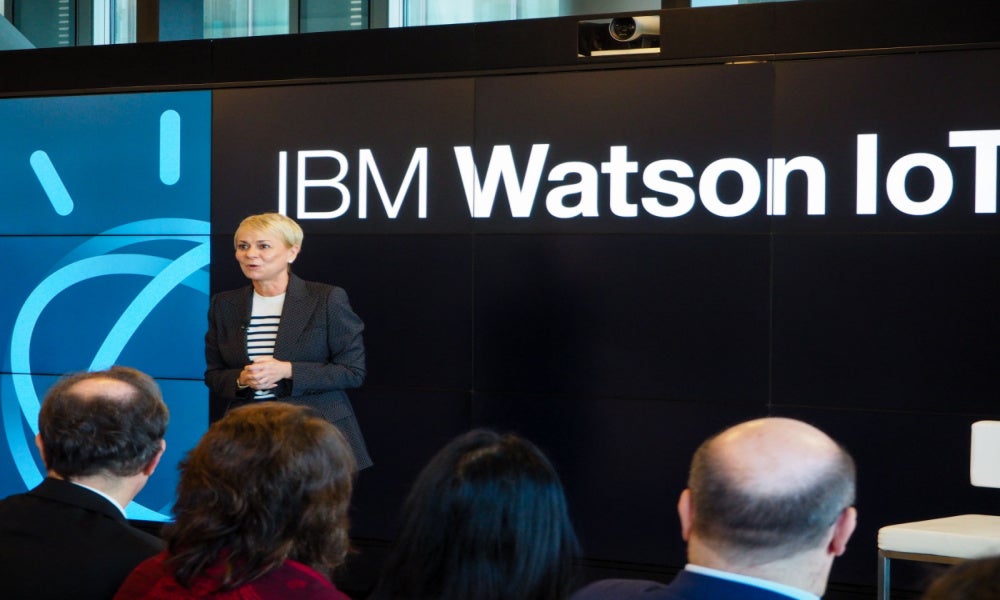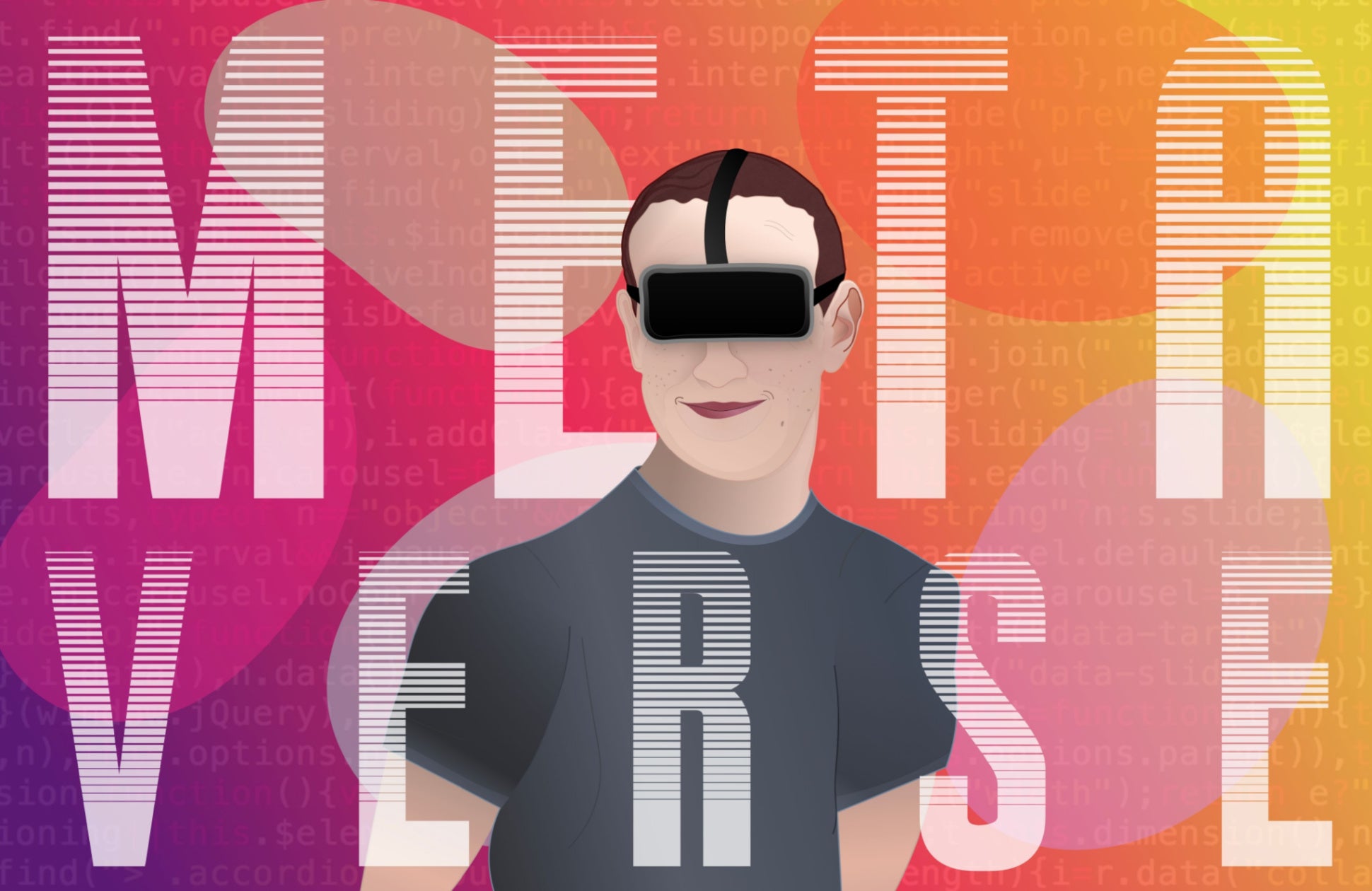Investors are getting nervous about Meta’s bet on the metaverse, particularly in light of the current cash burn rate and the vague promise of future revenue and profits. Indeed, in its last results, the company disclosed that it had spent $15 billion on research and development (R&D) and product development in just the last year, and as much as $100 billion since the project started.
As tech stock valuations are typically predicated on growth rates well above gross domestic product (GDP), management teams are constantly on the lookout for the next big thing. However, as these companies become larger and more mature, this is increasingly more difficult to achieve.
And yet, we have been here before, and one cannot help but wonder if Meta’s bet on the metaverse will be the new IBM Watson debacle.

The promise of IBM Watson
At the beginning of the last decade, IBM was a leading but maturing technology company, delivering over $100 billion in annual revenue but struggling to grow. As such, management was on the lookout for the next growth driver, and it had to be a big opportunity given the business scale. So, when IBM Watson, a question-answering computer system capable of answering questions posed in natural language, developed by IBM researchers, beat the human champions at the TV show Jeopardy! in 2011, management seized the opportunity.
Despite IBM Watson having been engineered to identify word patterns and predict correct answers for the trivia game, rather than being an all-purpose problem solver ready to address open and ambitious problems, management determined that the AI capabilities of Watson were going to be the new blood the company needed. Very ambitious press releases, marketing announcements, and deals were made. Watson was featured on the American news program ‘60 Minutes’ and there were ads showing Watson having playful chats with famous personalities such as Serena Williams and Bob Dylan.
In 2012, IBM announced a partnership with the Memorial Sloan Kettering Cancer Center in New York City and WellPoint (now Anthem), to use Watson for cancer treatment decisions. In 2013 a similar partnership was signed with MD Anderson Cancer Center in Texas. In 2014, the company launched Project Lucy to bring IBM Watson to Africa to attempt to solve some of the continent’s most pressing problems. In 2015, it launched a new consulting unit, Cognitive Business Solutions, to focus on the opportunities around this platform. In 2016 it even changed the name of its business segments, creating Cognitive Solutions as part of that reshuffle, and also spent $2.6 billion buying Truven Health Analytics to feed medical data to Watson. IBM was clearly betting on Watson.
How well do you really know your competitors?
Access the most comprehensive Company Profiles on the market, powered by GlobalData. Save hours of research. Gain competitive edge.

Thank you!
Your download email will arrive shortly
Not ready to buy yet? Download a free sample
We are confident about the unique quality of our Company Profiles. However, we want you to make the most beneficial decision for your business, so we offer a free sample that you can download by submitting the below form
By GlobalDataNobody could certainly disagree at that point that artificial intelligence (AI) was a futuristic technology, and for management to bet the company on IBM Watson may not have been unreasonable. Or was it?
Whether the organization suffered from ‘group think’ or if other dynamics were at play is unclear, but it appears no one challenged the strategy, or at least no one with the power to do so. It is understood that the chief scientist behind Watson, David Ferrucci, warned the company about overpromising and left a year later. Work on AI had been ongoing for decades and it was not a sure thing that Watson was the ultimate technological solution, or that the timing of those investments would bring results within the timeframes a publicly traded company required. Stock markets tend not to be fond of decade-long timeframes.
Ten years later and neither the promised humanity-improving successes, such as a cure for cancer or the reduction of poverty in Africa, nor the hoped-for revenue growth acceleration had yet arrived. In 2017, MD Anderson Cancer Center in Texas discontinued its Watson initiative. IBM itself discontinued its Watson for Genomics and Watson for Oncology initiatives and eventually sold its Watson Health assets to investment firm Francisco Partners in early 2022 for just an estimated $1 billion. The company also had to dispose of other non-performing businesses and is now generating approximately $57 billion in revenue, almost half of what it did when the Watson bet started.
Is anyone challenging Meta’s management internally?
The similarities between IBM betting the farm on Watson’s AI capabilities and Facebook on the Metaverse are striking. Both AI and the metaverse are undoubtedly futuristic technologies that will likely become big businesses, yet it is unclear when and which actual technology will win the day.
Both companies’ core businesses were slowing down, hence management was under pressure to find the next big growth driver. Likewise, both companies have strong management teams that may lack internal challengers. As with IBM’s bet, it might be that Facebook, now Meta, is investing too early into this technology. With that said, CEO Mark Zuckerberg has been a successful visionary before, and it might just be that more time is needed for his plan to work. Ultimately, this is the difficulty and the joy of investing in technology.







